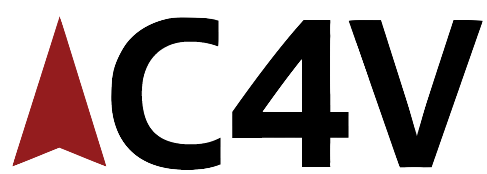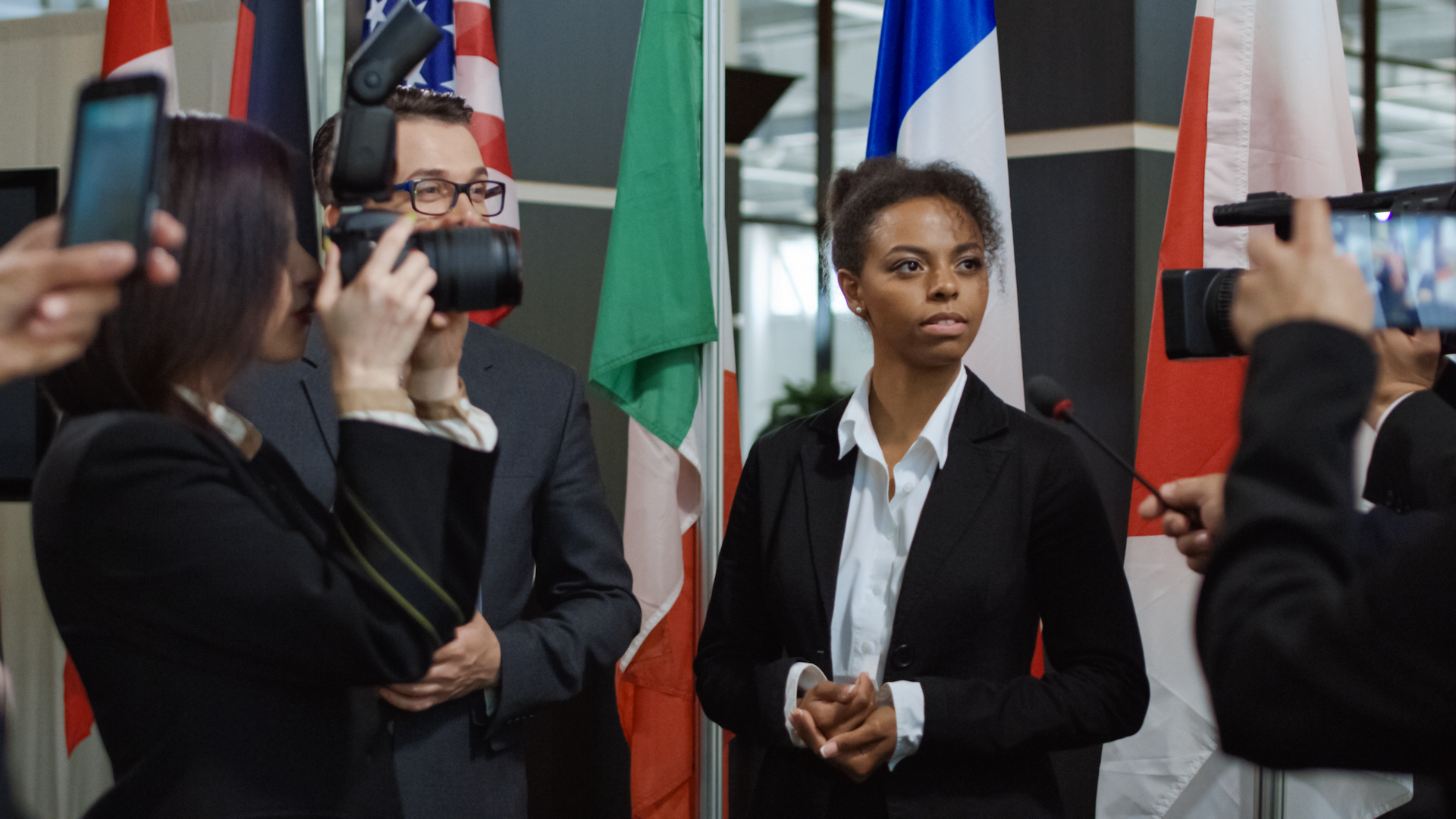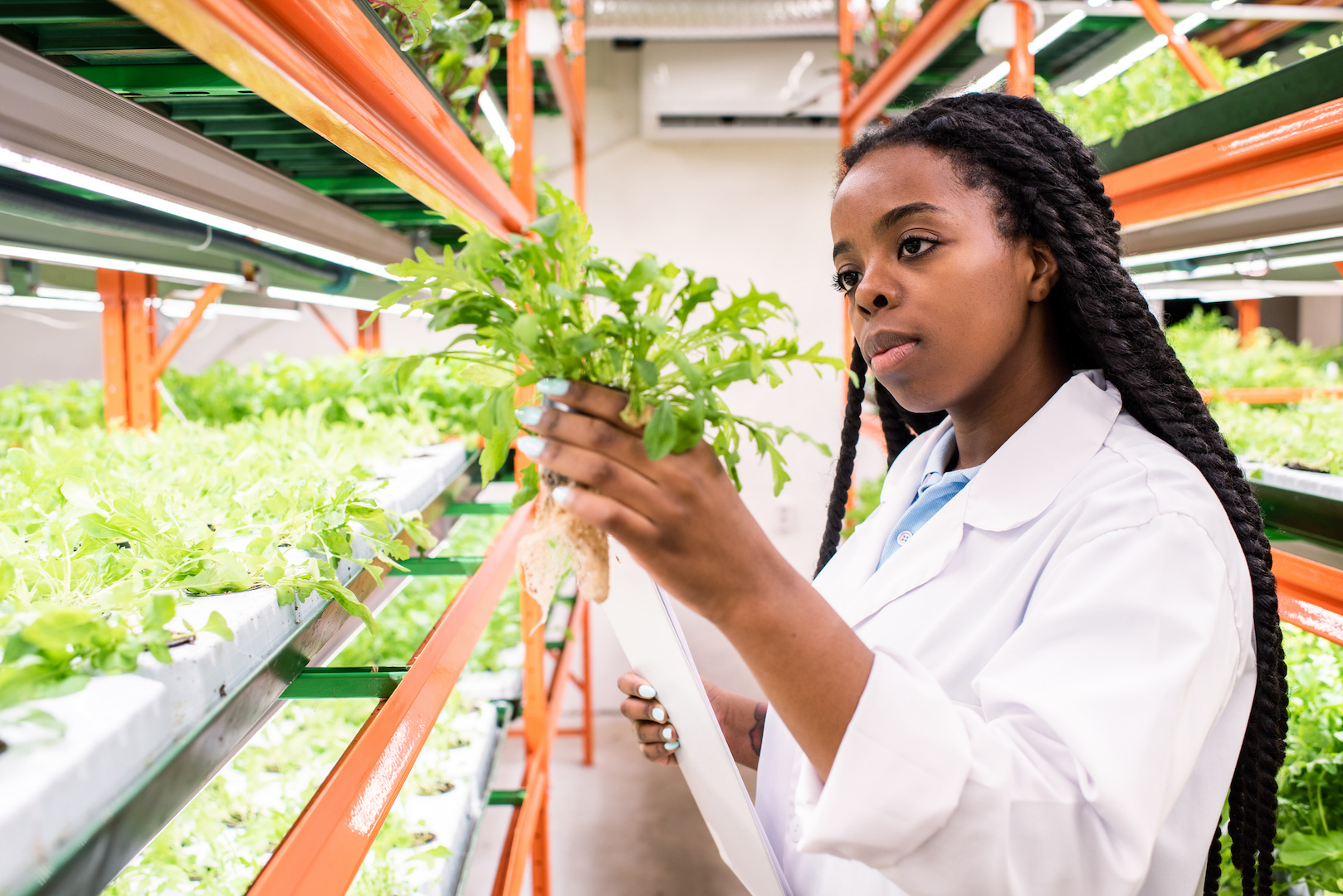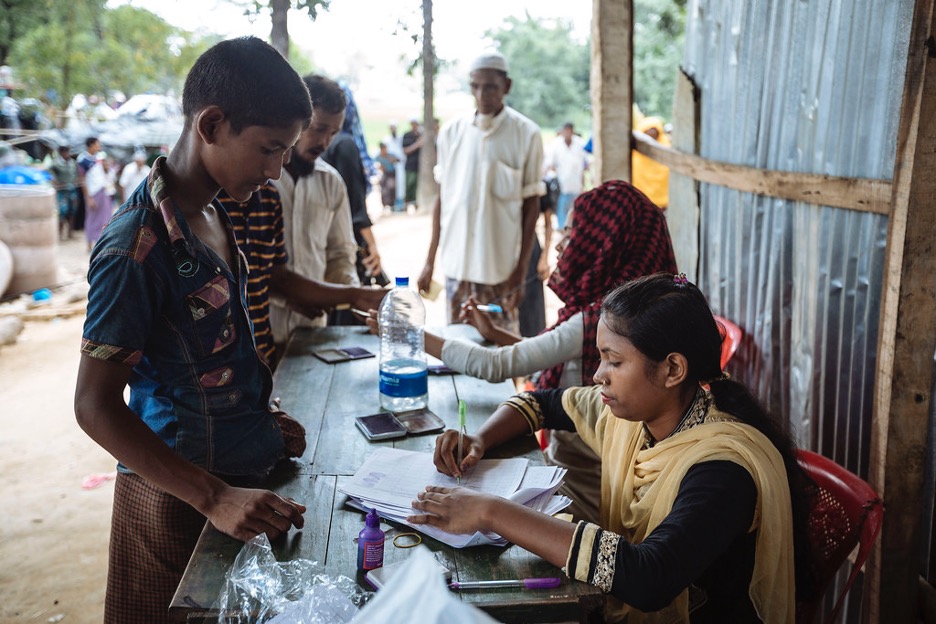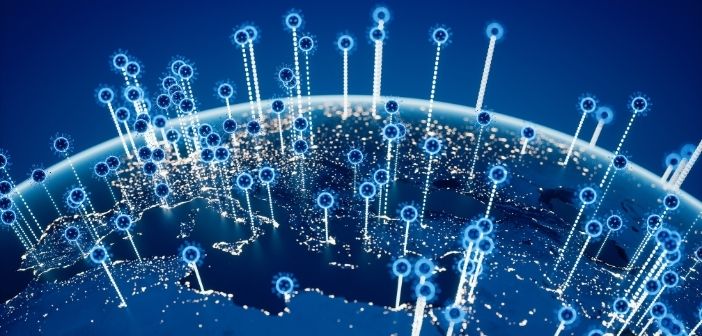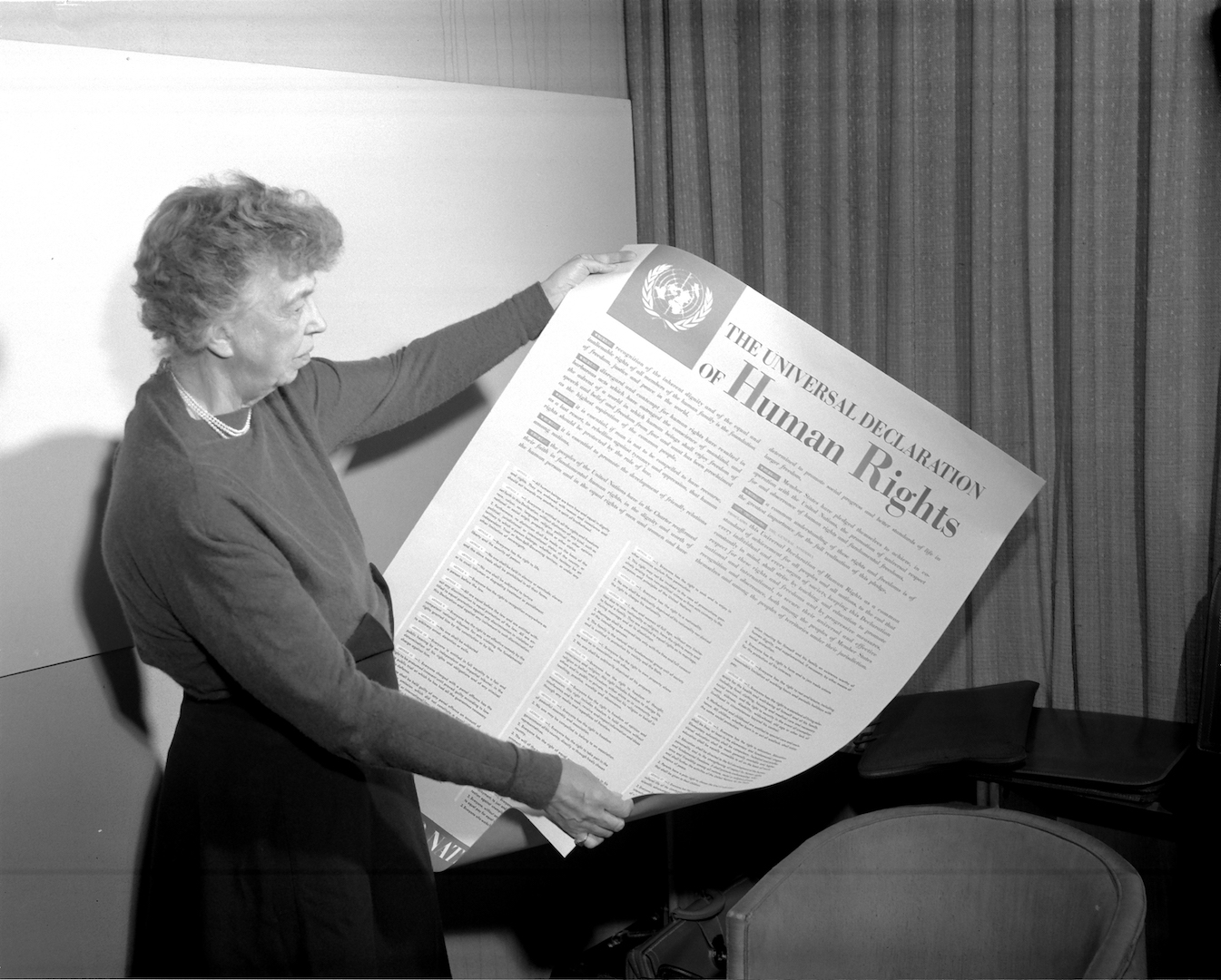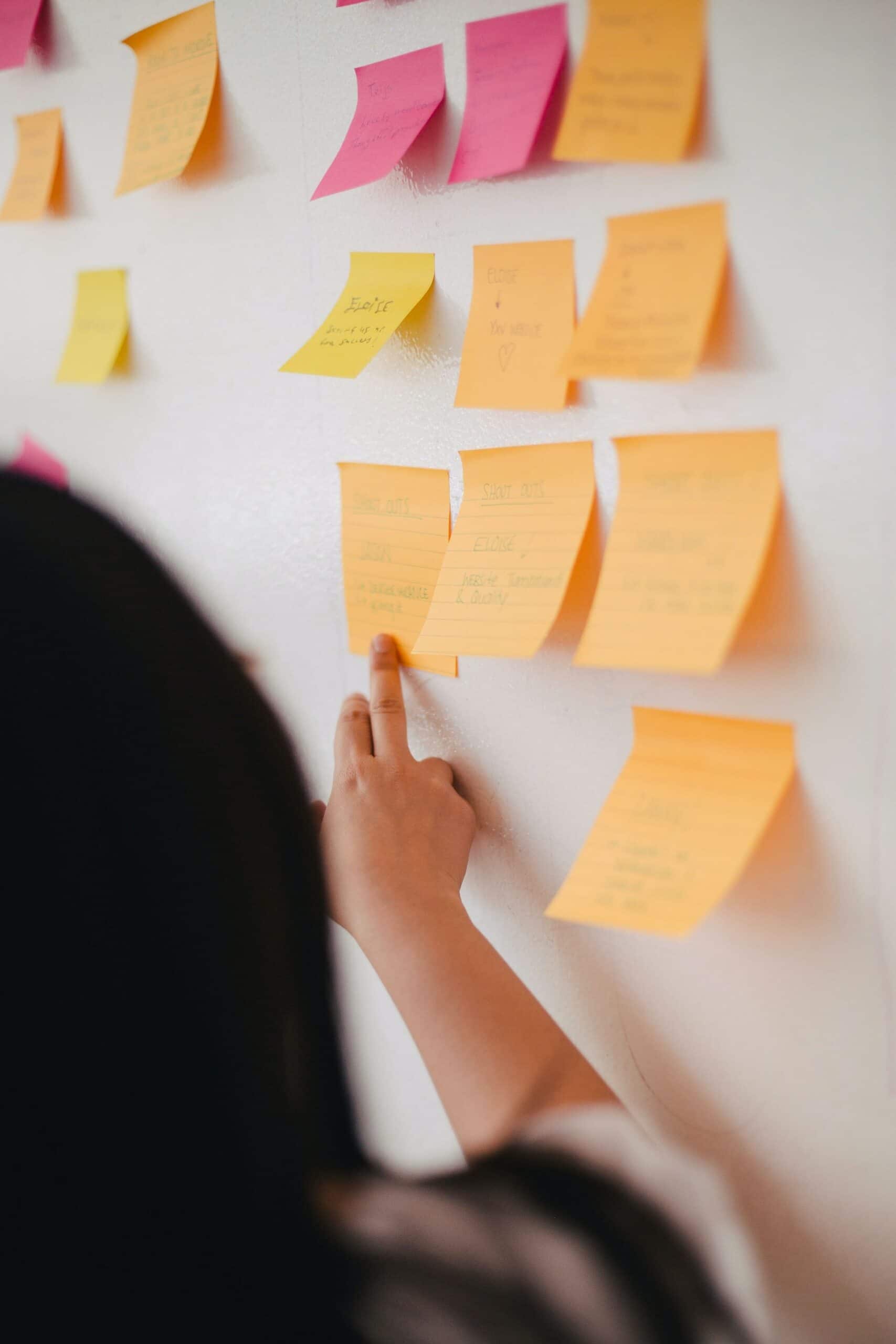I participated in a conference a few weeks ago on Sustainable Peace, and during discussion on my presentation: “Thinking Sustainability, Thinking Peace,” many of the questions were about “the greening of the self” – a phrase that I used in my presentation. The phrase is not mine; it has its origins with a chapter by […]
The Importance of the Female Perspective
As many nations across the world strive towards democratic development, the gap between the number of male and female politicians continues to plague the globe. Out of 193 countries, just 22 have a female head of state and countries that boast equality in their national cabinet is limited to 13 (Vogelstein & Bro, 2021). In […]
Ethical leadership for Africa’s Agriculture Development
In a crisis, people call out for strong, ethical leadership. The world is now dealing with the decisions that leaders have made that have led to deep inequities in accessing the COVID-19 vaccines. Leaders from high income countries acted quickly to galvanize scientific energies and resources for vaccine development but have acted unethically in hindering […]
USAID: Owning the Moral Agenda in the Global Pandemic Response
Globally, and especially in the least affluent countries in the world, the COVID-19 pandemic continues to push the demand for moral clarity in decision-making to ever higher standards of transparency and accountability. Within international relief and development policy and practice, ethical concerns become much more difficult to tackle when multiple demands are placed on limited […]
What is “development ethics”?
Each area of practice generates important ethical questions about priorities and procedures, rights and responsibilities. This holds true also for work in local, national and international development. ‘Development ethics’ can be understood then as discussion of the many and varied ethical questions that arise in development work. It is a field comparable to business ethics, […]
Pride’s Moral and Existential Global Moment
Paradigms – and the values that they are based on – are neither fixed nor immutable. In this country, a shift in the norms that long defined the systemic and entrenched exclusion of one demographic began with a communal act of saying no, but it quickly led to a powerful affirmation of yes. We now […]
Pandemic Changes, from Routines to Values
The sociologist David Freeman, professor at Colorado State University, described in his book Technology and Society (1976) the four stages in the introduction of new technologies in daily life, both in the production of goods and services and in the consumption thereof. His description of these stages can also be used to explain what happens […]
Development and Diplomacy: Expanding USAID’s Effectiveness on Human Rights
Human rights exist in two overlapping worlds – moral and legal. Nobel Laureate economist and philosopher Amartya Sen observed that from the perspective of traditional economics… “moral rights or freedoms command very little interest; at best they are perceived as purely legal entities of instrumental use only”. Of course, Sen has gone on to secure […]
Development, Dialogue, and Doing This “Right”
“Do no harm” suddenly no longer seems good enough as the guiding moral principle for international development and relief. Today, much to the surprise of many old international development hands, Washington, DC is immersed in a burgeoning moral discourse (mostly via Zoom). We find ourselves sifting through concepts of values and what seems to be […]
Development is not a Device
As I so often tell my students, every country is a developing country; every society hosts communities of struggle. If we understand development as beneficial social change, it transforms our understanding of who is part of this effort and how it operates. Too often we define development by the form in which aid is delivered—foreign […]




